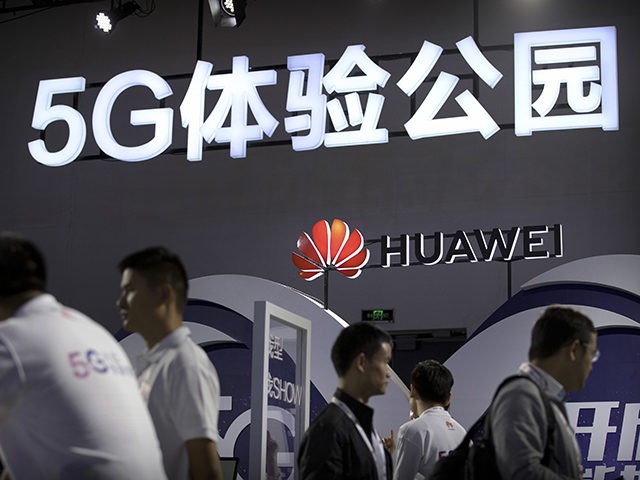Canadian authorities on Saturday arrested Huawei Technologies CFO Wanzhou Meng in Vancouver at the request of U.S. authorities, according to a report.
Wanzhou, the daughter of the technology giant’s founder Ren Zhengfei, faces extradition to the U.S. on suspicion that the executive violated U.S. sanctions targeting Iran. Canadian Justice Department press representative Ian McLeod confirmed Wanzhou’s court hearing is scheduled for Friday. “As there is a publication ban in effect, we cannot provide any further detail at this time. The ban was sought by Ms. Meng,” McLeod added.
The Globe and Mail reports:
U.S. prosecutors in New York have been investigating whether Huawei violated U.S. sanctions in relation to Iran. News of the probe broke in April 2018 when it was reported by the Wall Street Journal. Since at least 2016, U.S. authorities have been reviewing Huawei’s alleged shipping of U.S.-origin products to Iran and other countries in violation of U.S. export and sanctions laws.
…
The probe is reportedly being run out of the U.S. attorney’s office in Brooklyn, the sources said.
Reuters reported in 2013 that Ms. Meng served on the board of a Hong Kong-based Skycom Tech Co. Ltd. that later attempted to sell embargoed Hewitt Packard computer equipment to Iran’s largest mobile-phone operator. At least 13 pages of the Skycom proposal were marked “Huawei confidential” and carried Huawei’s logo. Huawei has said neither it nor Skycom ultimately provided the HP equipment. HP said it prohibits the sale of its products to Iran.
Huawei, among the world’s largest telecommunications equipment makers, has previously stated it abides by “all applicable laws and regulations where it operates, including the applicable export control and sanction laws and regulations of the UN, US and EU.”
Huawei has yet to issue a statement regarding Wanzhou’s arrest.
As of August 2018, U.S. federal government agencies are barred from purchasing Huawei equipment.
Reports of the high-profile arrest come after China issued an upbeat yet vague promise Wednesday to carry out a tariff cease-fire with Washington, giving little to no details that might dispel confusion about what Presidents Xi Jinping and Donald Trump agreed to during the G-20 Summit in Argentina.
Further, China has yet to confirm President Trump’s declaration that Beijing committed to cut auto tariffs and purchase more American farm exports. That, coupled with conflicting statements by President Trump and U.S. officials, helped trigger a tumble in U.S. stock prices Tuesday amid doubt about the chances for a lasting settlement of a battle over technology that threatens to chill global economic growth.
President Trump is pressing Beijing to roll back plans for state-led development of Chinese technology champions that Washington has long affirmed violates its market-opening commitments.
The Associated Press contributed to this report.

COMMENTS
Please let us know if you're having issues with commenting.